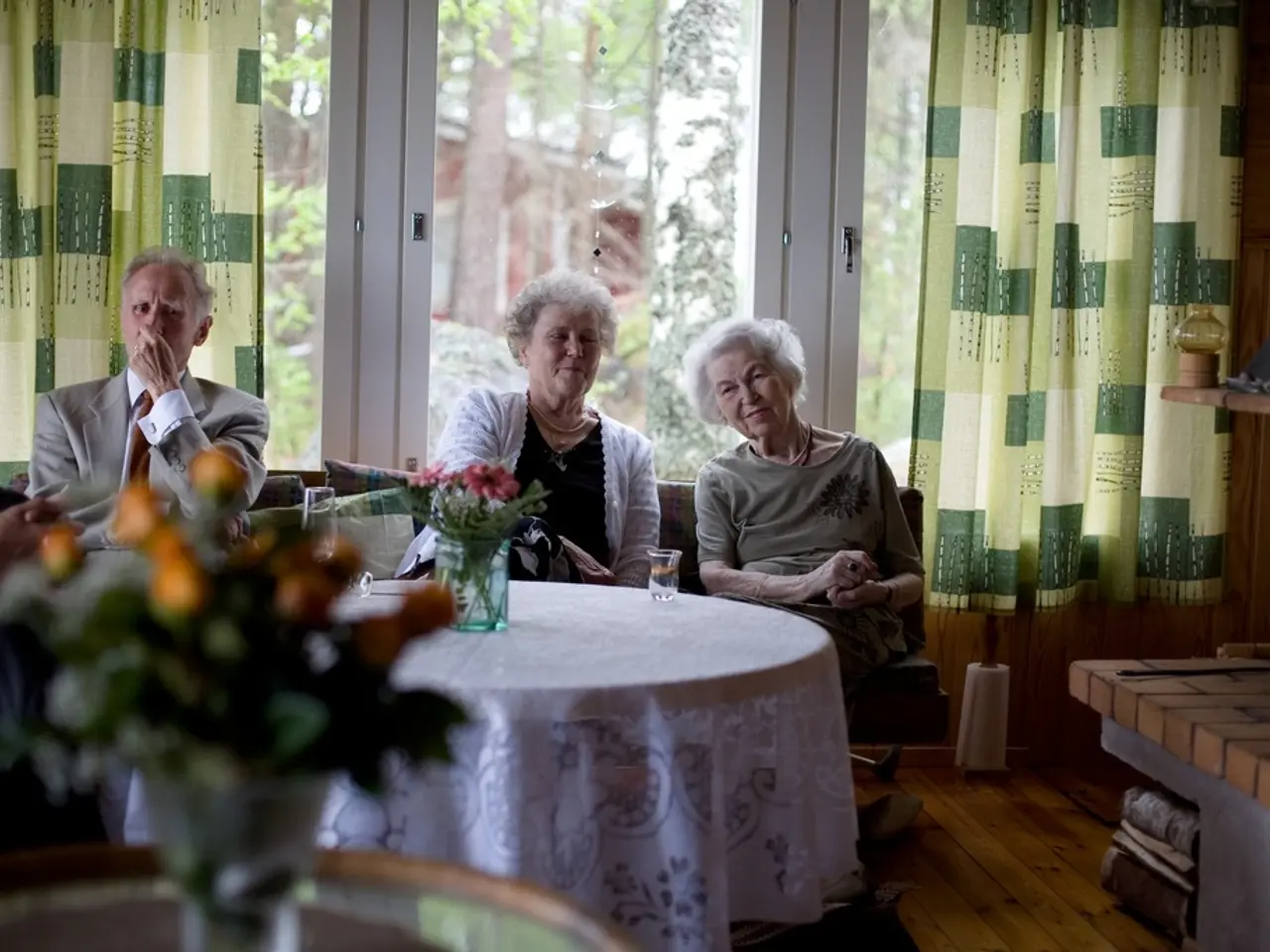Families whose loved ones passed away prematurely, thus preventing pension eligibility, are not exempted from the inheritance tax crackdown.
The UK Government has announced plans to reform inheritance tax (IHT) rules, which will see unused pension savings and death benefits included in the deceased individual's estate for IHT purposes starting from 6 April 2027 [1][4]. This change affects those who die before reaching the minimum private pension age (currently 55, rising to 57 in 2028) [2][4].
The key implications for individuals in this category are that their unused pension pots will be subject to IHT at up to 40%, which was not the case before [2][4]. There will be no minimum threshold exempting small pension pots, and even modest unused pensions must be reported and may trigger IHT liabilities unless the overall estate value is below the nil-rate band [4].
The responsibility to report and pay the IHT will fall primarily on the deceased’s personal representatives (PRs/executors), not pension scheme administrators, increasing complexity in estate administration [3][4]. PRs and beneficiaries will be jointly liable for the tax, and the IHT must be paid within six months after the month of death, putting pressure on executors to navigate pension schemes’ discretion and reporting requirements swiftly [3].
The Government's decision to include pension funds in IHT has prompted widespread criticism, with experts warning of a 'double tax' hit [1]. However, the Treasury asserts that more than 90% of estates each year will continue to pay no IHT after these and other changes [3].
In light of these reforms, individuals who might die before pension access age will need to reconsider estate and pension planning to mitigate potential IHT liabilities [2][4]. This might include reviewing wills, beneficiary nominations, and possibly adjusting pension drawdown or gifting strategies before death.
One strategy to consider is gifting out of surplus income, which remains IHT-free providing you can afford it [5]. Another option is to buy life insurance and put it in trust to avoid IHT and provide a payout to loved ones after your death [6].
Other strategies include avoiding crystallising losses by making bigger pension withdrawals in market downturns, buying an annuity, or spending or gifting as much of your pension as possible to avoid a big income tax bill [7]. However, be aware that siphoning pension funds into stocks and shares Isas are also liable for IHT, and there are other pitfalls to this strategy.
It is essential to consult with a financial advisor to understand the best approach for your unique circumstances and to ensure compliance with the complex reporting requirements associated with these reforms.
References: 1. The Telegraph 2. FTAdviser 3. The Guardian 4. HMRC 5. The Times 6. This Is Money 7. The Sun
- Due to the reform of inheritance tax rules, unused pension savings will be subject to IHT at up to 40%, and there will be no minimum threshold exempting small pensions, affecting those who die before reaching the private pension age.
- To mitigate potential IHT liabilities, individuals may need to reconsider their estate and pension planning, such as reviewing wills, beneficiary nominations, and adjusting pension drawdown or gifting strategies before death.
- Another strategy to consider is purchasing life insurance and putting it in trust to avoid IHT and provide a payout to loved ones after death, or gifting out of surplus income to avoid IHT, but be mindful of the reporting requirements and potential pitfalls.
- It's important to consult a financial advisor to understand the best approach for managing personal-finance matters in light of these inheritance tax reforms and to ensure compliance with complex reporting requirements.




